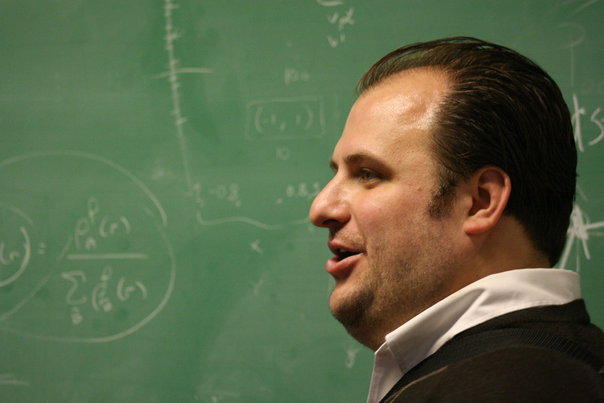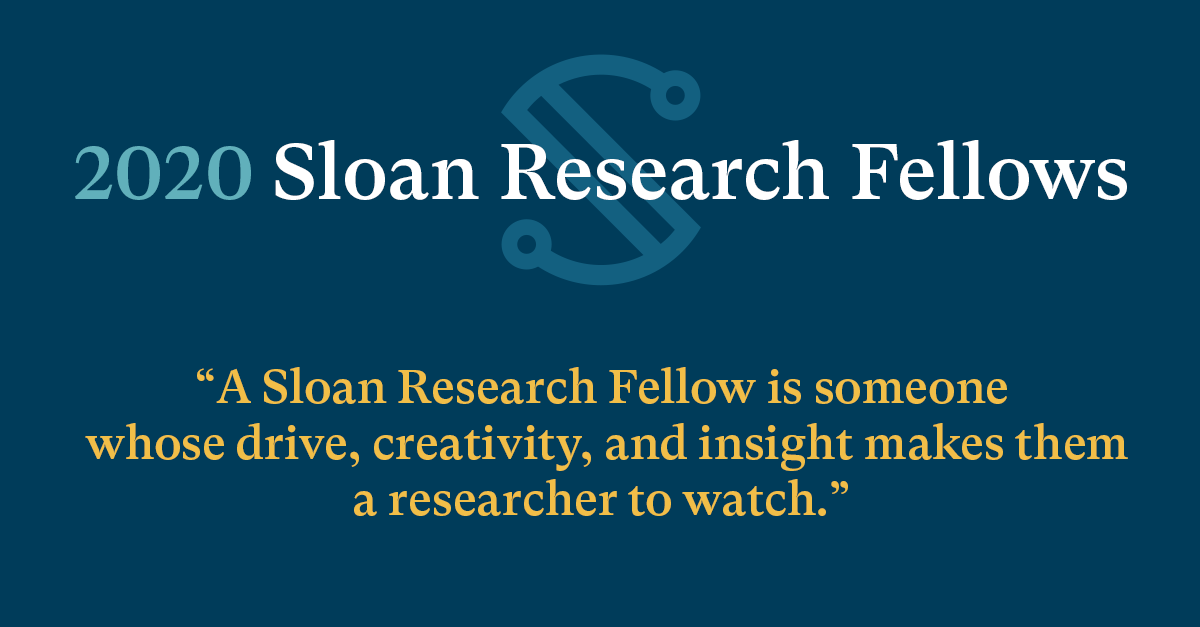
Ph.D. in Theoretical Chemistry, University of California, Berkeley
B.S. in Chemistry and Biology, Portland State University
Born and raised in Brooklyn, Robert A. DiStasio Jr. was the first member of his family to attend college. He earned a B.S. summa cum laude in Biology and Chemistry (double major) from Portland State University while working with Carl C. Wamser and the late George S. Hammond on the synthesis of porphyrins for use in organic solar cells.
DiStasio started graduate school in 2003 at the California Institute of Technology (working with William A. Goddard III), and relocated to the Bay Area in 2004 to continue graduate studies at the University of California, Berkeley with Martin Head-Gordon. In 2009, he was awarded a Ph.D. in Theoretical Chemistry from the University of California, Berkeley for his work on local and canonical approximations in Møller-Plesset perturbation theory with applications to dispersion interactions. This was followed by postdoctoral research in Condensed Matter Physics at Princeton University, where he worked with Roberto Car, Salvatore Torquato, and Frank H. Stillinger, as well as Alexandre Tkatchenko and Matthias Scheffler (at the Fritz Haber Institute of the Max Planck Society in Berlin).
In 2015, DiStasio joined the faculty at Cornell University as an Assistant Professor in the Department of Chemistry and Chemical Biology, and was promoted to Associate Professor in 2022. His research group at Cornell focuses on the development, implementation, and application of novel methodologies that extend the frontiers of Electronic Structure Theory in complex condensed-phase environments. By utilizing the computational techniques of Quantum and Statistical Mechanics, DiStasio seeks to address challenging problems in Theoretical Chemistry and further our understanding of fundamental systems and process of importance throughout all disciplines of Chemistry.
DiStasio has given more than 100 seminars and colloquia worldwide, published more than 80 articles in peer-reviewed academic journals (Erdős number of 3), and is an active contributor to the Q-Chem and Quantum ESPRESSO software packages. He is the proud recipient of the Faculty Early Career Development (CAREER) Award from the National Science Foundation (NSF), a 2020 Sloan Research Fellowship from the Alfred P. Sloan Foundation, the 2020 American Chemical Society (ACS) OpenEye Outstanding Junior Faculty Award in Computational Chemistry, and a 2022 Machine Learning in the Chemical Sciences & Engineering Award from the Camille and Henry Dreyfus Foundation.
When not doing research, DiStasio enjoys teaching, studying chess theory, woodworking, and spending time with his wife (Laura), son (Roman), and their puggle (Margot).





